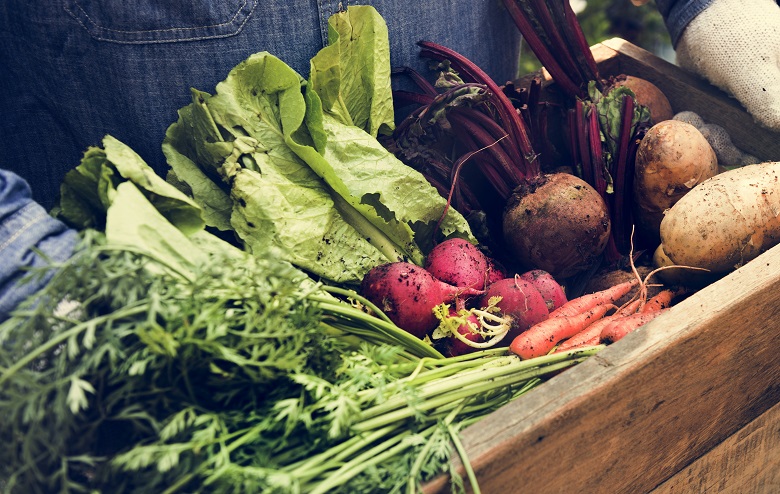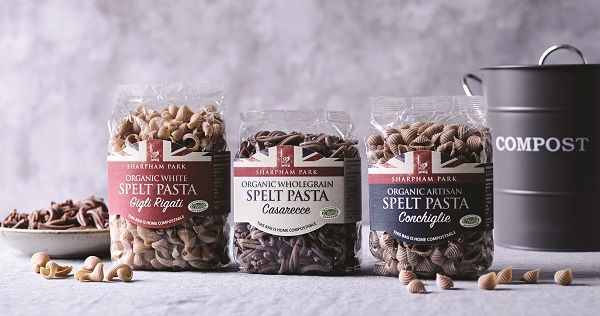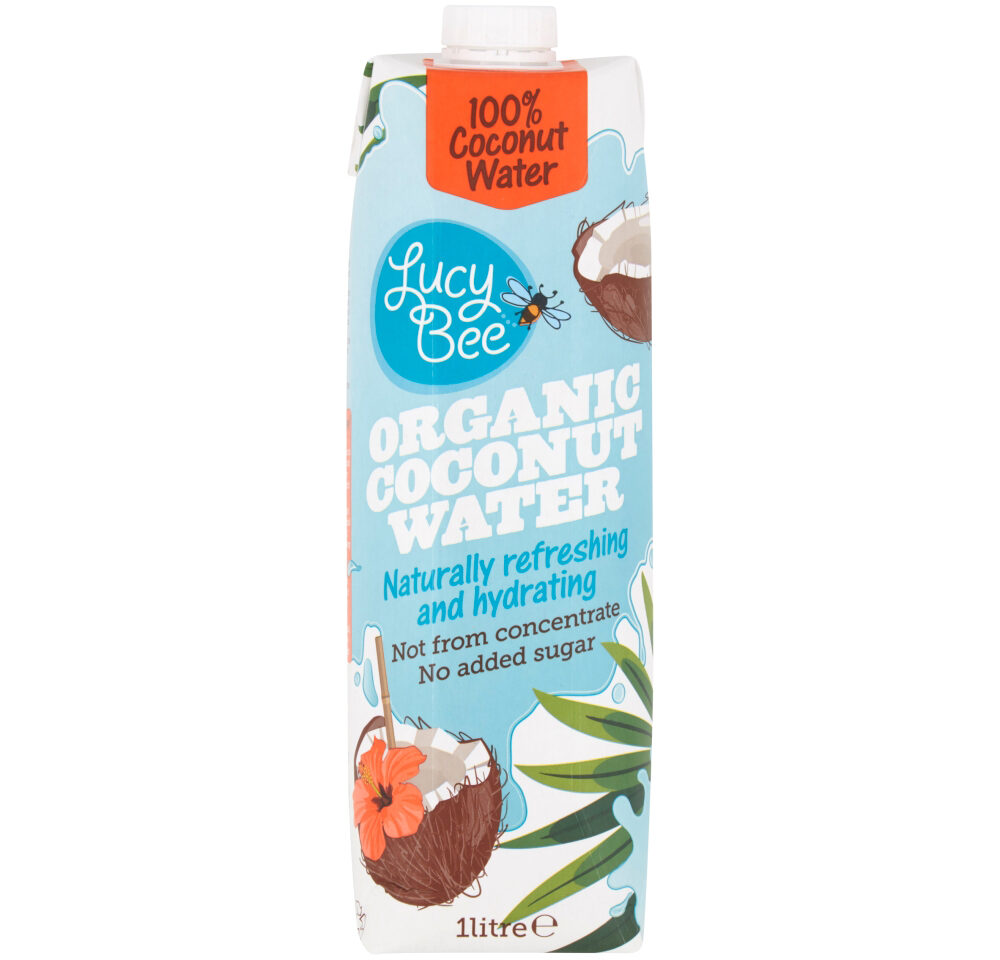
New data has shown organic sales have seen their highest growth in the last three years.
According to the latest Nielsen data, since January 2020, organic sales in supermarkets have seen the highest growth since December 2016. It was also found that organic food and drink sales year on year recorded growth of 6.1 per cent, almost double the growth of non-organic food and drink products (3.2 per cent) for the 52 weeks ending May 30, 2020. Nielsen data shows an 18.7 per cent increase in organic sales in the 12 weeks ending May 30, which includes 10 weeks of lockdown, compared to 14.2 per cent increase in non-organic food and drink*.
The Soil Association pointed out that this comes at a time when external events have fast-tracked already changing shopper behaviours towards personal health, transparency and integrity; a YouGov survey commissioned by the Food Farming and Countryside Commission and The Food Foundation revealed that 42 per cent of people feel the crisis has made them value food more.
These changing behaviours seem set to support the organic sector in exceeding the end of 2020 market value of £2.5bn projected by Soil Association Certification, with the sector now on track to hit the £2.6bn mark. Products which have seen exceptional demand and outperforming are beef (+15.3 per cent), eggs (+14.8 per cent), preserves and spreads (+18.3 per cent) and sparkling wine (+47 per cent**).
Finn Cottle, Trade Consultant at Soil Association Certification, commented: “As this crisis emerged, and food was placed firmly in the spotlight, it became apparent that consumer habits were shifting: from less frequent shopping trips, to supporting local and independent stores, online shopping to receiving weekly deliveries of organic fruit and veg. What seems clear is that at a time when quality and safety are of importance for consumers, organic ‘stands out,’ with its benefits of transparency and integrity.
“Despite the likelihood of tighter budgets, shoppers are choosing quality, good taste, and ethical options. Sustainability and protecting the environment remains high on their wish list – and with so many of us finding nature a vital source of respite in these difficult times – citizens seem to be making more planet-centric choices.
“Organic brands, retailers and businesses have a huge part to play in reinforcing the credentials of organic – as a farming system ‘working with nature’ to restore goodness in the land, with a positive impact on personal health and wellness, and our environment. With more people than ever understanding this connection, I think the sector has a lot to feel confident about.”

Sharpham Park has announced its British spelt brand has moved its pasta range into home compostable packaging.
Made in the UK by an artisan Italian pasta maker using Sharpham Park’s award-winning spelt flour, the new pasta is ideal for vegans and those following a plant-based diet. The first three shapes in the range are Gigli Rigati, Casarecce and Conchiglie.
Founder, Roger Saul, commented: “We’re delighted to be launching this pasta as it’s taken us a long time to work out the best way to create a delicious tasting premium spelt pasta in an ethical and sustainable manner. Having the pasta manufactured in the UK by an Italian pasta maker has ensured our food miles are as low as possible. We’re delighted to be launching our home compostable packaging, which we believe is the way forward for food packaging and one which we will be utilising throughout our range in 2020.”

Promotion
Coconut Water
Lucy Bee’s Organic Coconut Water is naturally refreshing and hydrating with a subtle coconut flavour – it is not from concentrate and has no added sugar. It’s a good source of potassium and contains electrolytes too.
It is from the Philippines where the palms grow in agroforestry. Fair Trade is at the foundation of all that we do at Lucy Bee, and the premiums ensure:
Our Coconut Water is great to:
Available on shop.lucybee.com and at most Asda stores